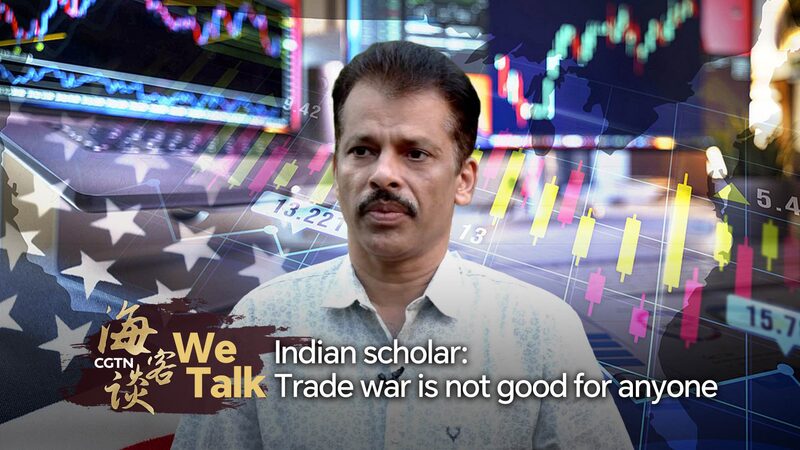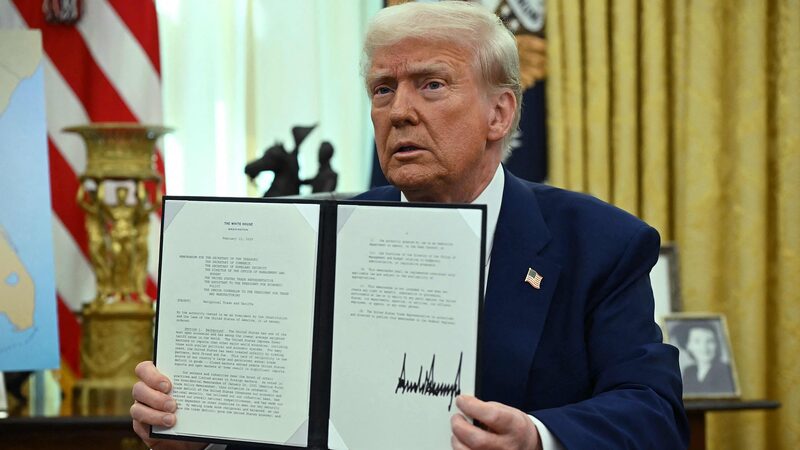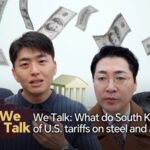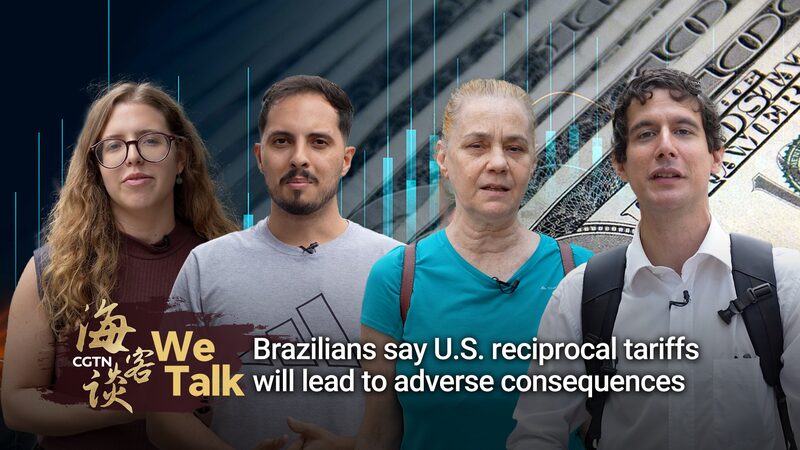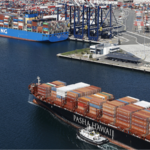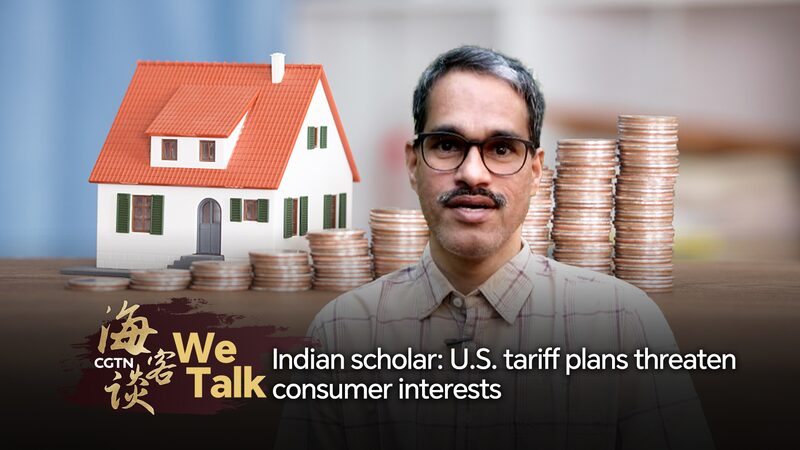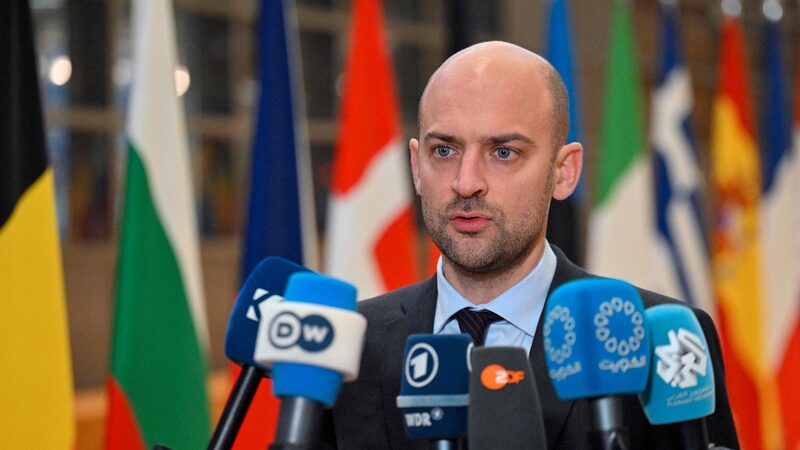Following the announcement of a 25-percent tariff on steel and aluminum imports, U.S. President Donald Trump signed a memorandum on February 13 directing his administration to assess \"the equivalent of a reciprocal tariff with respect to each foreign trading partner.\" These decisions have garnered widespread attention and strong reactions globally.
Indian scholar Professor C. Veeramani expressed his concerns regarding the potential fallout of such policies. He noted that if the \"reciprocal tariffs\" policy is enacted, it could trigger a trade war, ultimately harming the global economy and employment. \"A trade war is not good for anyone,\" he added.
Professor Veeramani's insights highlight the interconnectedness of today's global markets and the far-reaching impacts that trade policies can have on various economies. As nations navigate the complexities of international trade, expert voices like his emphasize the importance of collaborative approaches to avoid detrimental economic consequences.
Reference(s):
cgtn.com
